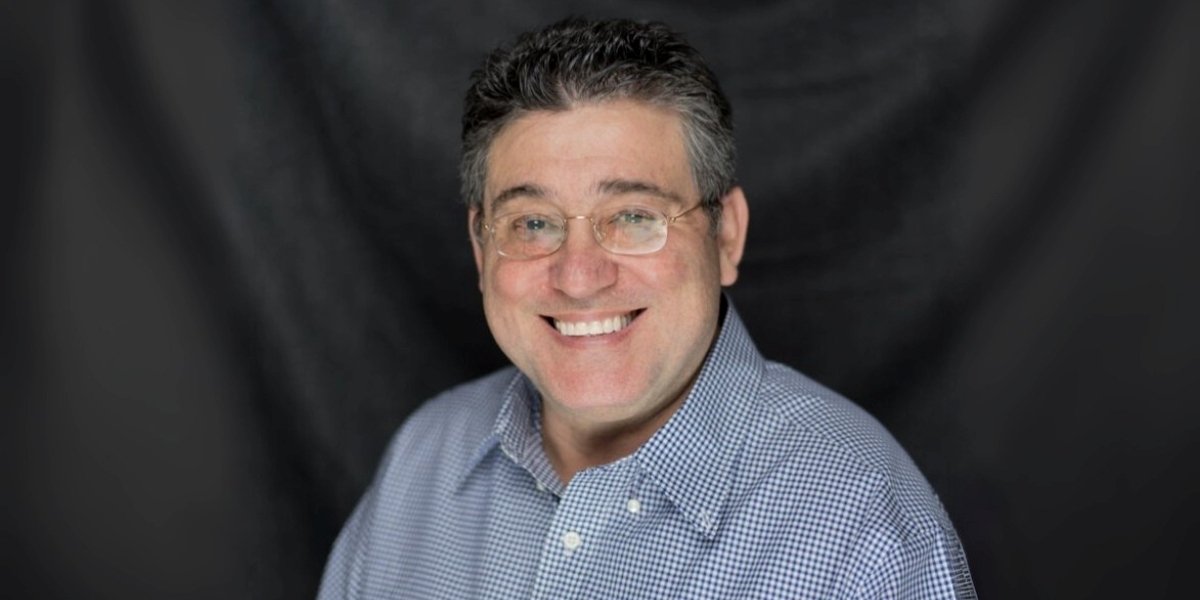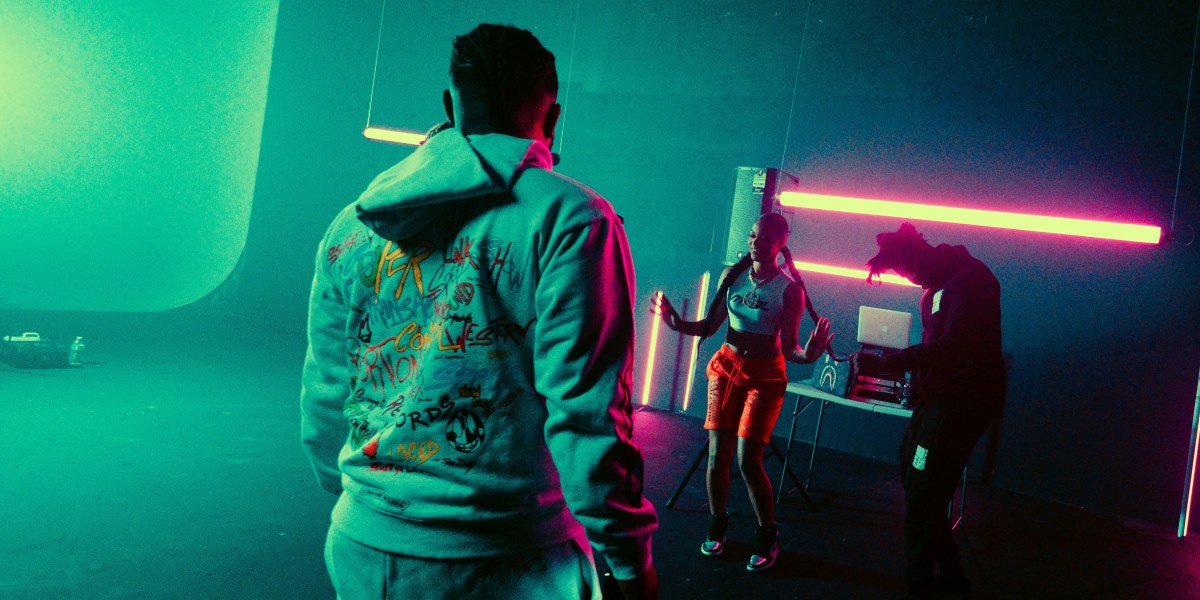With so many workshops promising to boost your skills, how do you find the ones truly worth your investment? Here’s how to factor in reputation, instructor qualifications, focus, cost, and more to make a smart decision for your US-based career.
Talent workshops can be incredibly valuable for actors, dancers, musicians, and other creatives within the United States. They provide opportunities to refine your craft, gain confidence, and potentially even open doors to industry connections. But with countless options available, choosing the right workshop requires careful consideration to ensure your time and money are well spent.
Reputation Matters
Start your research by considering these factors:
- The Institution: Is the workshop offered by a reputable theater company, acting studio, or conservatory? Established organizations within the US often have a track record of quality.
- Word of Mouth: Talk to fellow performers who might have taken similar workshops. Their honest feedback is invaluable.
- Online Reviews: Look for reviews on industry websites or the workshop’s social media. While every student experience differs, patterns in feedback can be revealing.
Instructor Expertise: The Heart of a Great Workshop
The instructor can make or break your workshop experience. Look for:
- Industry Experience: Has the instructor worked professionally in the field they’re teaching within the US entertainment industry? Real-world experience translates into valuable insights.
- Teaching Style: Does their approach align with your learning style? Inquire about their methods (lecture-heavy vs. hands-on practice).
- Specialization: Some instructors excel in specific areas like audition techniques or scene analysis. Choose someone strong in the skill you wish to develop.
Workshop Focus: Technique vs. Audition Prep
Define your current goals – are you looking to:
- Hone Your Technique: Choose workshops focusing on fundamentals (acting methods, vocal projection, dance styles).
- Gear Up for Auditions: Opt for workshops that simulate auditions, offer mock callbacks, and provide feedback on audition material within the US market.
- Explore a New Skill: If you’re curious about a different area (stage combat, voiceover) a short workshop can be a low-risk introduction.
The Cost Factor: Finding Value
Talent workshops in the US can range from affordable community offerings to pricey intensives. Consider:
- Price vs. Length: Is a higher-cost workshop justified by its duration and depth? More hours don’t always equal better value.
- Your Budget: Be realistic about what you can afford. A less-expensive workshop that fits your budget is better than no workshop at all.
- Scholarship Potential: Some organizations offer scholarships or work-study options – don’t hesitate to inquire.
Additional Factors for the Best Match
Don’t overlook these elements which impact your experience:
- Class Size: Smaller classes allow for more individualized attention. Large workshops may offer less feedback but the energy can be motivating.
- Location & Timing: Factor in commute time and if the workshop schedule works for you – missing sessions diminishes the value.
- Level: Are you a beginner or seasoned performer? Choosing a workshop aligned with your experience is crucial.
The Importance of Your Gut Feeling
After your research, trust your intuition. If all the practical elements line up, but something feels off, it’s worth considering other options. The best workshop environments are both challenging and supportive.
Workshops are tools, not a magic bullet for success in the competitive US entertainment industry. Talent development is ongoing. Choose workshops wisely, learn all you can, and don’t be afraid to experiment to find the ones that propel you forward in your creative journey.










